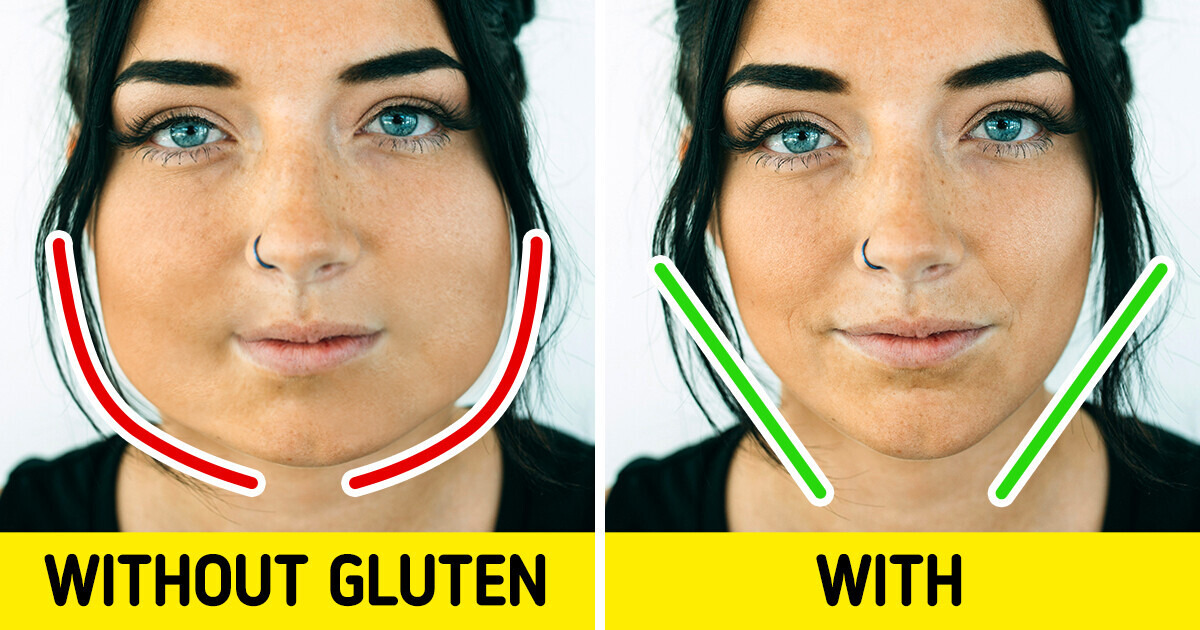I Refused to Pay for Our Valentine’s Dinner—Then I Learned the Heartbreaking Truth


Deciding to go gluten-free is a big step, often fueled by the promise of better health, increased energy, or relief from digestive troubles. For many, it’s a game-changer—but it’s not without surprises. While ditching gluten can help with certain conditions, it also comes with a unique set of challenges that might catch you off guard. Before you take the plunge, it’s worth knowing what to expect so you can navigate the ups and downs with confidence.
CONTENT IS PROVIDED FOR INFORMATIONAL PURPOSES ONLY AND IS NOT INTENDED AS A SUBSTITUTE OF MEDICAL ADVICE. SEEK GUIDANCE OF YOUR DOCTOR REGARDING YOUR HEALTH AND MEDICAL CONDITIONS.
Whole grain products that contain gluten are often fortified with essential nutrients like iron, folate, and B vitamins. When you stop eating them, you risk losing out on these nutrients unless you replace them with fortified gluten-free options or supplements.
Gluten-free products often come with a hefty price tag. Gluten-free bread, pasta, and snacks can cost two to three times more than their gluten-filled counterparts. Meal planning and focusing on naturally gluten-free foods, like fruits, vegetables, and legumes, can help keep costs down.
Dining out becomes a whole new challenge. Gluten can hide in unexpected places, like soy sauce, salad dressings, or even French fries. Asking detailed questions and scanning menus for hidden gluten ingredients will become second nature.
Attending dinner parties or social events might feel tricky when you’re the one with “special diet needs.” You might find yourself constantly explaining your gluten-free choices or turning down homemade treats, which can lead to some awkward moments.
Going gluten-free doesn’t automatically mean weight loss. In fact, some people experience weight gain because gluten-free snacks and processed foods can be higher in sugar and fat to make up for the missing gluten. Stick to whole, unprocessed foods for better results.
Adjusting to a gluten-free diet can leave you feeling sluggish or cranky in the beginning. Your body might need time to adapt, especially if you’re unknowingly missing out on essential nutrients or overloading on processed gluten-free substitutes.
If you’re used to grabbing a croissant or indulging in pizza, cutting gluten might leave you longing for those comforting carbs. Gluten-free versions can help, but they often taste different and may take some getting used to.
Cooking without gluten can be challenging at first. Gluten-free flours don’t behave the same way as regular flour, which can make baking tricky.
You might experience some trial-and-error before your recipes turn out as expected. Adjusting measurements and techniques often takes time. With patience and experimentation, though, you’ll soon master gluten-free cooking.

Oddly enough, saying goodbye to gluten might disrupt your regularity. Many gluten-containing foods, like whole wheat bread, are rich in fiber, which keeps your digestion on track. Without enough fiber in your new gluten-free diet, constipation can quickly become an issue. To combat this, load up on fiber-rich alternatives like fruits, vegetables, and gluten-free grains like quinoa.
You cut out gluten to relieve bloating, but the problem might not disappear immediately. Gluten-free replacements, such as rice flour and certain starches, can be harder to digest for some people, leading to more belly discomfort. Keep an eye on how your body reacts to new foods and adjust accordingly.
When transitioning to a healthier diet, sugar is often the first thing we aim to eliminate. However, not all sugars are bad—some sugars can offer health and beauty benefits. Consuming natural sugars in moderation can help curb cravings, promote relaxation, and potentially support weight management.











